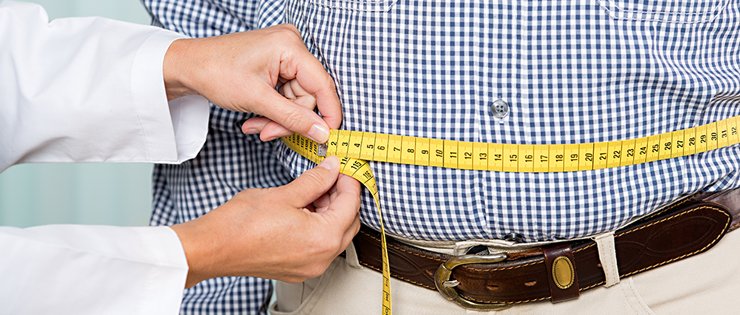
The danger of belly fat in men over 40 years of age is on the increase, leading to sudden and major health risks that are directly associated with excess weight increase around the gut.
After the age of 30 men start to lose muscle mass, only regular resistance training and a proper weight maintenance program can slow this process down and aid in maintaining muscle mass and tone.
Men tend to gain belly fat after the age of 40 because of the changes in their metabolism, poor food choices, lack of exercise and excess alcohol intake. Regular cardio exercise will enable you to maintain your ability to burn calories, and control your weight.
The health risks associated with in excess of 40 inches (101.6cm) around your waistline is:
High blood pressure
Heart disease
Type 2 diabetes
Stroke
High triglycerides
High cholesterol
Poor sleep
Self-esteem issues
Low sex drive.
So what can we do?
A sensible lifestyle including 3-4 cardio workouts of medium to high intensity sessions per week; and a minimum of 2 resistance workouts, combined with seeking professional help of a dietician (to help teach you calorie control) would be a massive step forward in reducing the middle age spread.
Alcohol consumption for men is a major contributor to belly fat and is otherwise known as a “beer gut” in men over the age of 40. One of my clients who recently turned 50, consumes a fair amount of alcohol on the weekends but is extremely fit – exercising a minimum of 4 times per week with sessions that include cardio, boxing, high intensity interval workouts and resistance training.
During this time he has managed to reduce his belly fat substantially and even though he now feels great, wanted to have a heart check because of his age. He was surprised to learn he had slightly blocked arteries and is now on medication to help the blood to become less sticky and flow easier through his arteries, reducing his risk of heart attack or stroke.
His doctor advised that with a family history of heart disease, it was very likely the condition was hereditary and although he is extremely fit for his age, it was a wise move to have a check-up and not to take his health for granted. He was told to keep up the exercise as this was very beneficial in controlling the risk of heart attack but not to relax or compromise on his healthy lifestyle choices if he wanted to maintain longevity.
So remember no matter how fit we are or how healthy we feel, it doesn’t hurt to have regular check-ups/overhauls at the doctors because in extreme cases this decision could be lifesaving.